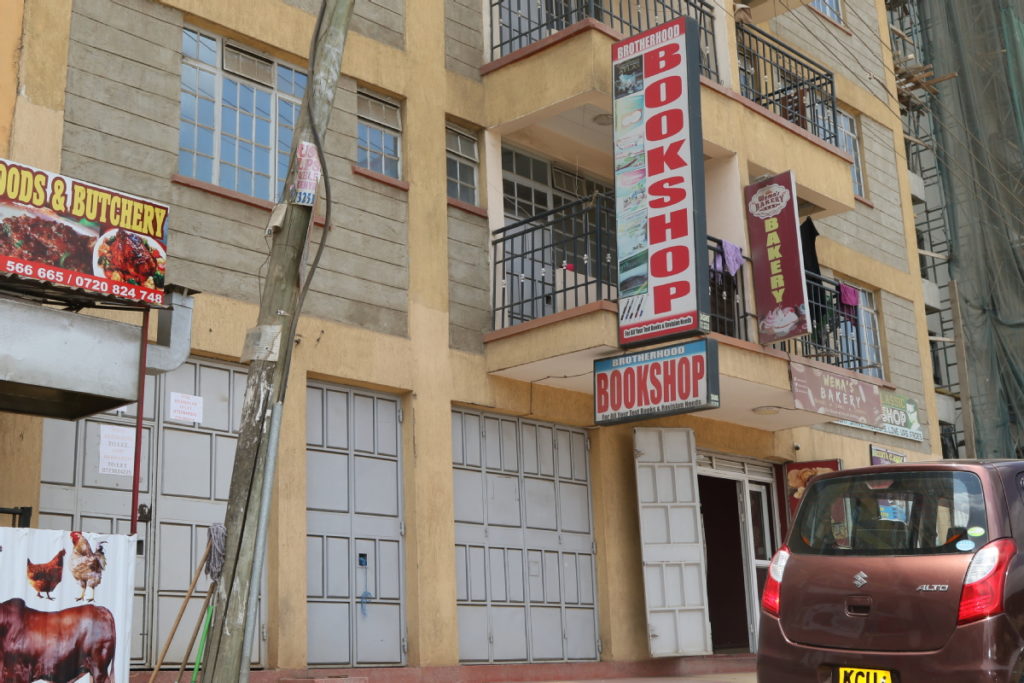When Raymond Opio and his brother Kennedy Odongo opened a second branch of their Brotherhood Bookshop in Nairobi’s Donholm Estate in 2018, they believed their business had finally taken off and there was no looking back.
The brothers had struggled to establish the first branch in Nairobi’s city center along the busy River Road in 2015, but after 3 years they managed to open the second outlet.
“Setting up this business was not easy. We had challenges raising capital, and it took us quite a while before breaking even. However, things were looking good and we had started expanding until the coronavirus pandemic struck,” Opio, who runs the branch in Donholm, said.
“Our biggest customers are schools and students. Since the pandemic struck, the government announced the closure of schools until January next year. This left us with virtually no customers. We tried keeping the Donholm branch open by selling stationery to businesses and offices, but most of them get their stationery from supermarkets and we had no option but to close,” he added.
Last month George Magoha, Kenya’s Education Cabinet Secretary, announced stakeholders have shelved school reopenings until 2021. Magoha explained primary and secondary schools will resume next year in January, with a phased reopening of colleges and universities on a case-by-case basis. This means students will repeat a year, as schools had closed in mid-March, three months after the school calendar had begun.
Opio and his brother Odongo now only run the branch along River Road, but are not sure if that branch will be open much longer. Opio says the last good sale the bookshop made was in January, when schools resumed after the December holiday.
“As booksellers, we have three peak seasons in a year in January, April and August when schools are re-opening. During this year, we only managed to enjoy the January sale. The school closure means that we are staring at losses this year,” Opio said.
Opio is not alone in this predicament. Kenyan businesses that depend on the operations of schools are facing an uncertain future.
“I used to have an assistant at the closed bookshop, but I had to send her home when the shop closed, since I could not afford her salary. However, we are planning to convert the shop and start selling baby diapers as we wait for the pandemic to end instead of paying rent for a closed shop,” Opio said.
Opio said he has never witnessed such a downturn in business since they opened their first shop in 2015.
“I have always loved being a bookseller because our business had some security. Since children have to go to school, they have to buy books and our clientele was almost assured. In addition, we had entered into contracts with several school heads for regular supply of books and stationery, but all that is now on hold,” Opio added.
Opio, who is a father of one, says despite the inconvenience caused by the virus, businesses must find a way out of the pandemic alive.
“Since I have a family to feed, rent to pay for both my house and the shop as well as daily requirements, I cannot fold my arms and resign to fate. That is why I am thinking of converting the shop to sell diapers. However, our main business will remain selling books and since the branch at River Road is still open, I believe we will pick up from where we left off after the pandemic,” Opio said.
